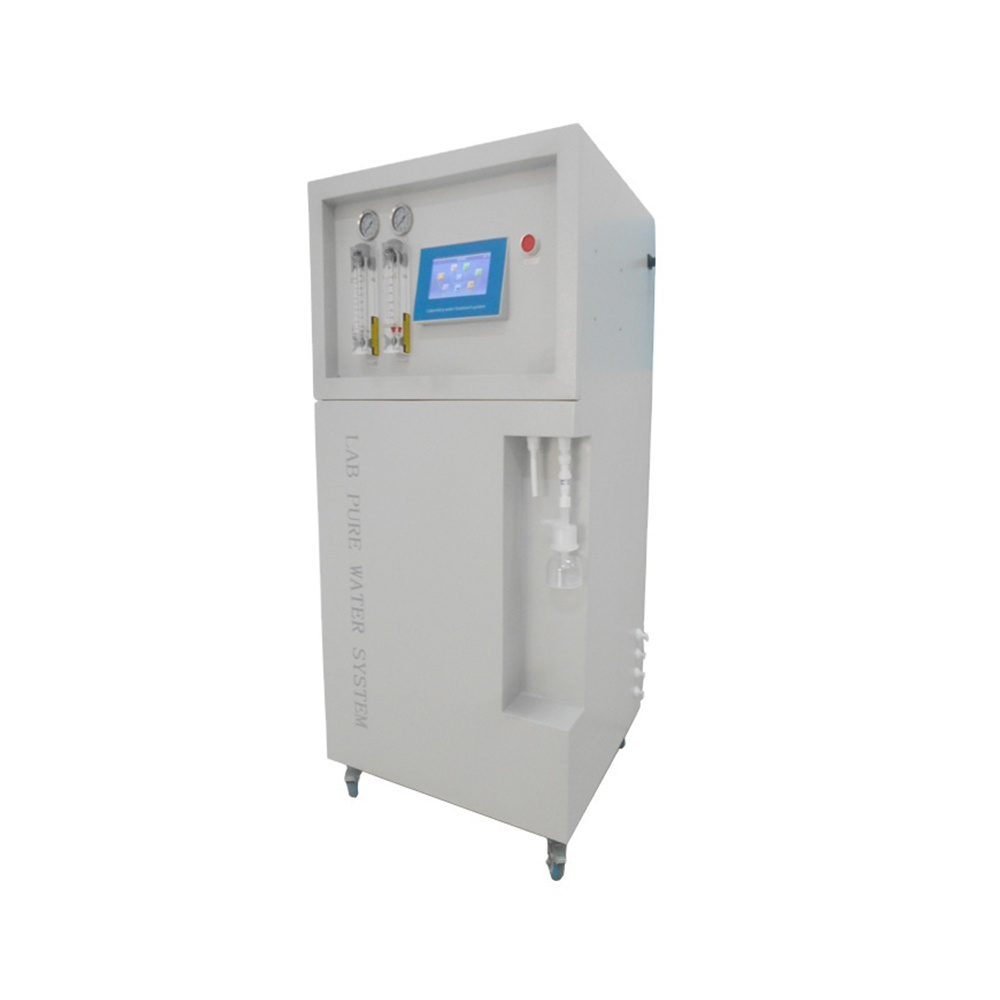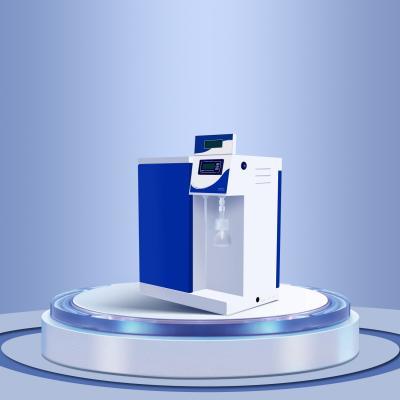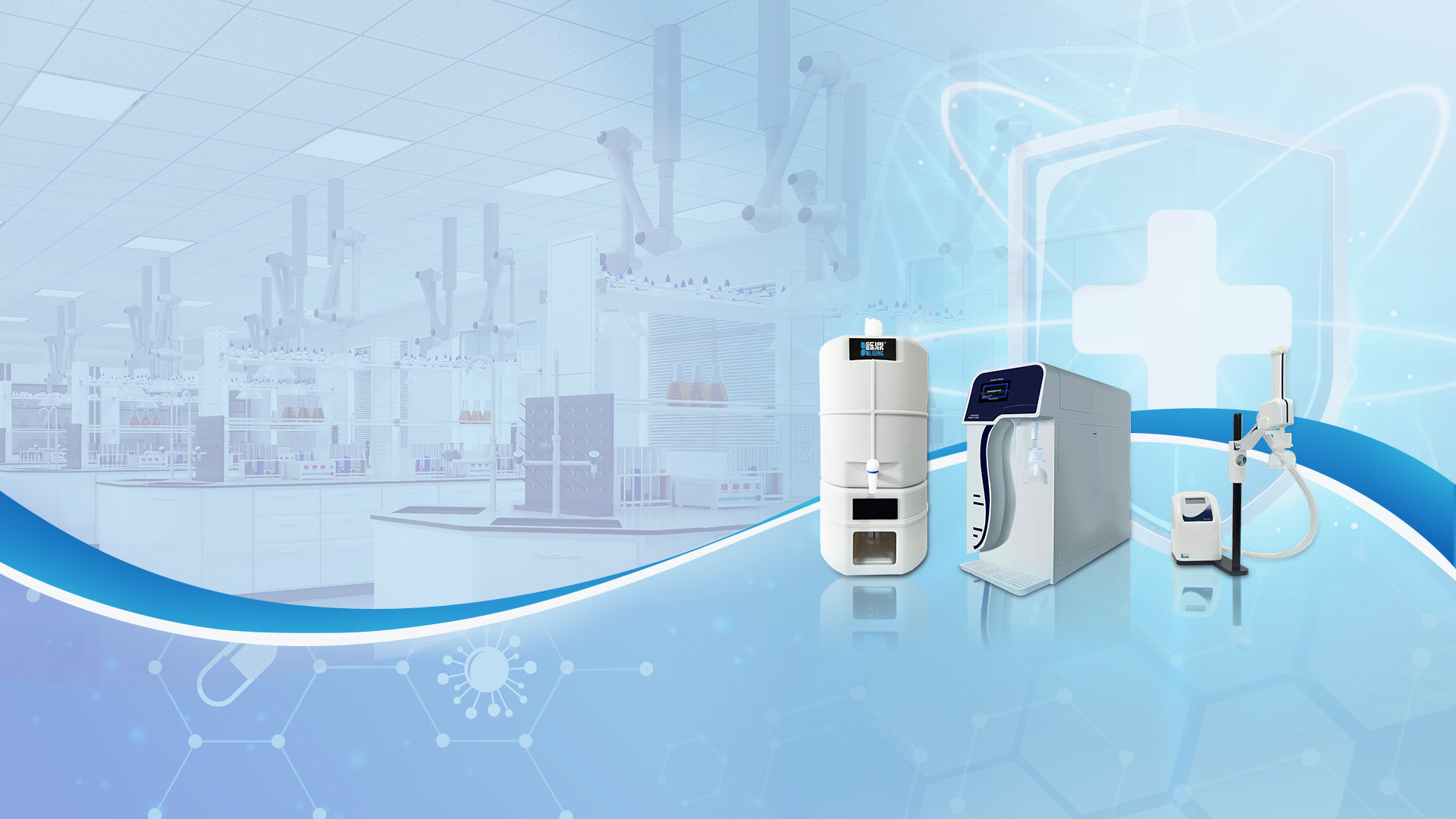The Role of Ultrapure Water Purification Systems in Modern Industry
Time:
Nov 10,2025
The Role of Ultrapure Water Purification Systems in Modern Industry
Table of Contents
- 1. Introduction to Ultrapure Water Purification Systems
- 2. The Importance of Ultrapure Water in Various Industries
- 3. Key Applications of Ultrapure Water Purification
- 3.1. Role in Semiconductor Manufacturing
- 3.2. Use in Pharmaceutical Production
- 3.3. Impact on Power Generation
- 3.4. Contribution to Food and Beverage Processing
- 4. Benefits of Implementing Ultrapure Water Systems
- 5. Technologies Used in Ultrapure Water Purification
- 6. Future Trends in Ultrapure Water Purification
- 7. Frequently Asked Questions
- 8. Conclusion
1. Introduction to Ultrapure Water Purification Systems
Ultrapure water purification systems are vital components in modern industrial processes. These systems are designed to remove impurities to an extent that the resulting water meets exceptionally stringent standards. As industries evolve and demand for high-quality production increases, the significance of ultrapure water cannot be overstated. This article explores the pivotal role of these systems, their applications across various sectors, and the technologies driving their efficiency.
2. The Importance of Ultrapure Water in Various Industries
Ultrapure water is essential for numerous applications where even minute levels of contaminants can compromise the quality of the final product. Industries such as semiconductors, pharmaceuticals, energy, and food processing rely heavily on ultrapure water to maintain the integrity and safety of their operations. This section delves into the specific reasons why ultrapure water is indispensable in these fields.
2.1. Quality Assurance
In industries like pharmaceuticals and semiconductors, the quality of raw materials directly affects the end product's reliability and safety. Ultrapure water serves as a solvent and rinsing agent, ensuring that all contaminants are removed during manufacturing processes.
2.2. Regulatory Compliance
Many industries are governed by strict regulations concerning water quality. Using ultrapure water not only meets these regulations but also enhances a company's reputation by demonstrating a commitment to quality and safety.
2.3. Operational Efficiency
Using ultrapure water can enhance operational efficiency. By minimizing equipment fouling and contamination, industries can reduce downtime and maintenance costs, leading to increased productivity.
3. Key Applications of Ultrapure Water Purification
Ultrapure water purification systems find applications in a plethora of sectors. This section highlights the most critical areas where ultrapure water plays a transformative role.
3.1. Role in Semiconductor Manufacturing
Semiconductor manufacturing requires water of the highest purity levels. Any contaminants present can adversely affect the performance of electronic devices. Ultrapure water is used in various steps of the semiconductor fabrication process, including cleaning and rinsing silicon wafers.
3.2. Use in Pharmaceutical Production
Pharmaceutical companies utilize ultrapure water for drug formulation, cleaning equipment, and even as an ingredient in certain medications. The presence of contaminants can lead to product recalls and potential harm to consumers.
3.3. Impact on Power Generation
In power generation, particularly in steam turbines, the quality of water affects the efficiency and lifespan of equipment. Ultrapure water is essential to prevent scaling, corrosion, and other forms of damage.
3.4. Contribution to Food and Beverage Processing
In the food and beverage industry, ultrapure water is crucial for maintaining hygiene standards and preserving the quality of products. It is utilized in various stages, from ingredient preparation to equipment cleaning.
4. Benefits of Implementing Ultrapure Water Systems
Implementing ultrapure water purification systems offers several advantages that contribute to an organization's overall success.
4.1. Enhanced Product Quality
The most significant benefit of using ultrapure water is the improvement in product quality. This is especially critical in industries where quality control is paramount.
4.2. Cost Efficiency
While the initial investment in ultrapure water systems may be substantial, the long-term savings through reduced downtime, maintenance, and waste disposal costs make them a wise investment.
4.3. Environmental Compliance
With increasing environmental regulations, industries must focus on sustainable practices. Ultrapure water systems help companies meet these regulations and demonstrate environmental responsibility.
4.4. Flexibility in Applications
Ultrapure water purification systems can be tailored to meet the specific needs of various industries, making them versatile solutions for different applications.
5. Technologies Used in Ultrapure Water Purification
Several technologies are employed in ultrapure water purification systems, each contributing to achieving the desired purity levels.
5.1. Reverse Osmosis (RO)
RO is one of the most widely used technologies in ultrapure water purification. It effectively removes a vast majority of contaminants, including salts and organic compounds.
5.2. Deionization (DI)
Deionization is a process that removes ionic impurities from water, crucial in achieving the required purity levels for industrial applications.
5.3. Distillation
Distillation can effectively separate impurities based on their boiling points, making it an effective method for obtaining ultrapure water.
5.4. Filtration Technologies
Advanced filtration methods, including microfiltration and ultrafiltration, play a significant role in removing particulates and suspended solids, further ensuring water purity.
6. Future Trends in Ultrapure Water Purification
As industries continue to evolve, so too do the technologies and methodologies used in ultrapure water purification. This section explores some emerging trends.
6.1. Automation and Smart Technologies
The integration of automation in ultrapure water systems allows for real-time monitoring and control, leading to improved efficiency and reduced human error.
6.2. Energy Efficiency
Future systems will increasingly focus on energy efficiency, utilizing technologies that reduce energy consumption while maintaining high purity levels.
6.3. Sustainable Practices
The demand for sustainability will drive the development of ultrapure water purification technologies that minimize waste and enhance recycling methods.
6.4. Advanced Materials
Research into new materials for membranes and filters will lead to more effective purification processes, enhancing the overall efficiency and longevity of purification systems.
7. Frequently Asked Questions
7.1. What is ultrapure water?
Ultrapure water is water that has been purified to an extremely high degree, removing virtually all contaminants, including ions, organic compounds, and bacteria.
7.2. Why is ultrapure water important in semiconductor manufacturing?
In semiconductor manufacturing, even trace amounts of contaminants can affect the performance of electronic components, making ultrapure water essential for ensuring product quality.
7.3. How is ultrapure water produced?
Ultrapure water is typically produced using a combination of technologies, including reverse osmosis, deionization, and advanced filtration.
7.4. What industries use ultrapure water?
Ultrapure water is used in various industries, including pharmaceuticals, semiconductors, power generation, and food and beverage processing.
7.5. What are the costs associated with ultrapure water purification systems?
While the initial investment can be significant, the long-term benefits, including reduced operational costs and improved product quality, often justify the expenditure.
8. Conclusion
Ultrapure water purification systems play a critical role in modern industry, enhancing product quality, ensuring compliance with regulations, and driving operational efficiency. As industries continue to advance and demand for high-purity water grows, investing in effective purification technologies will be essential. By understanding the importance and applications of ultrapure water, companies can position themselves for success in an increasingly competitive marketplace.
RELATED NEWS








